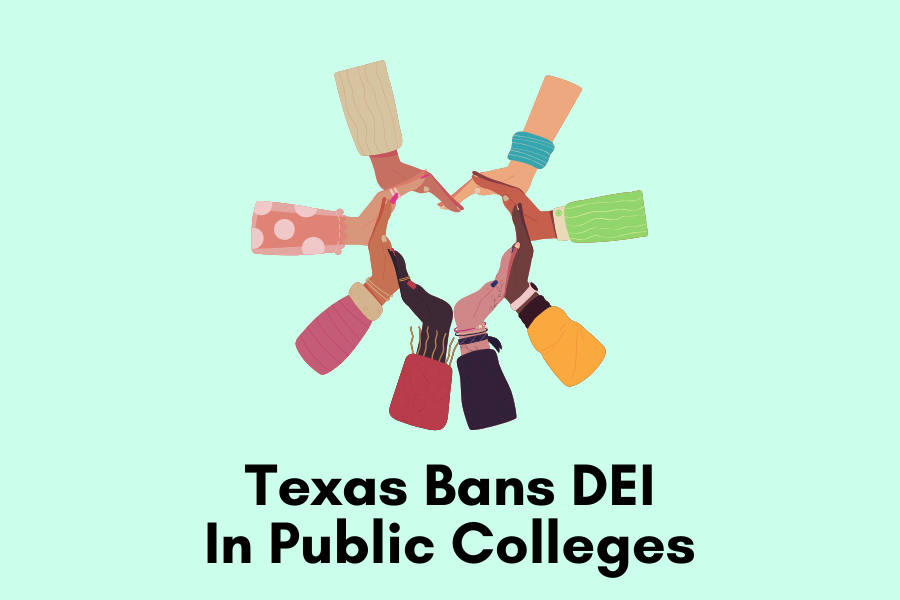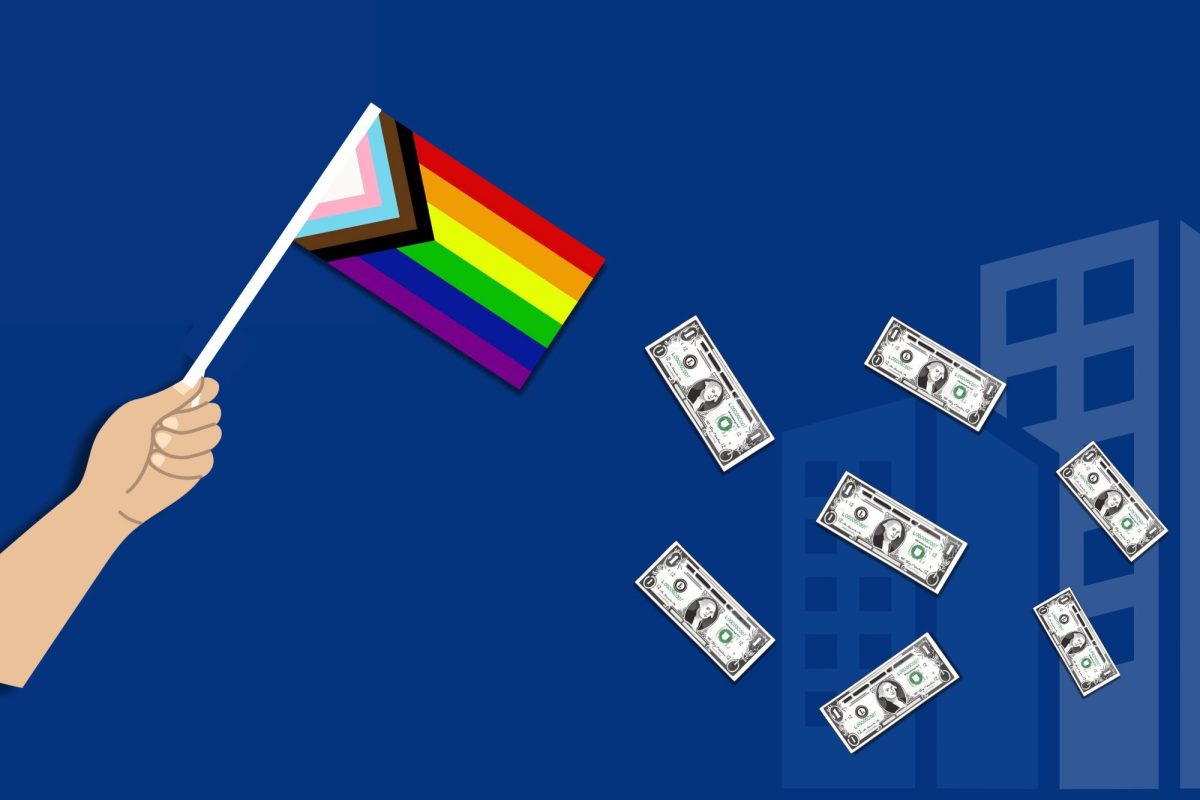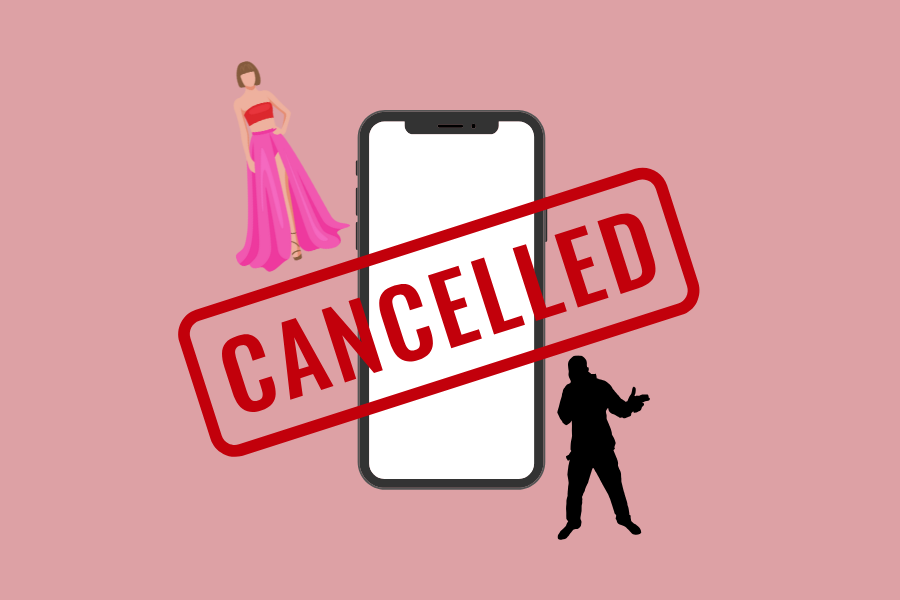In June 2023, Senate Bill 17 (SB 17) passed, which imposed a ban on all Diversity, Equity, and Inclusion (DEI) offices in public Texas colleges and universities. It officially went into effect on Jan. 1, 2024. Affecting not only the presence of adequate representation and advocacy for individuals of different backgrounds, the bill targets especially those of the new generation and the developing identities of the state’s youth population.
Representing all that this country stands for, the pillars of justice and fairness have always been a conventionally agreed constant in matters of society, deemed as critical for the nation to function. For citizens, these pillars represent a safety net, in which if they are ever denied either of these rights, they can advocate for themselves, trusting that the nation will see the truth, and side with the national values that the people themselves have come to almost unanimously agree upon. But when the government starts stripping ideals of justice and fairness from institutions as prominent and critical as public universities, one starts to question exactly how important these supposedly unshakeable pillars are to government representatives.
By principle, diversity is the act of not only accepting but celebrating individuals on various levels of the large range of human differences, including religion, sexual orientation, socio-economic status, physical abilities, race, or age. Equity, at its roots, simply symbolizes the state of being offered the same rights and opportunities as the next person, and being treated in a fair and impartial manner. The last aspect, inclusion, by definition, is the act of providing equal opportunities and resources for people who may be otherwise marginalized or excluded.
With the rising emphasis on diversity and inclusion these past few years, the country has been taking steps to combat systematic oppression. These efforts include the formation of inclusion-centered goals and organizations within public institutions, creating increasingly diversified unique student groups in schools and colleges, and the steady development of discussions surrounding the struggles of marginalized groups through mass media outlets. However, with the recent ban on the very offices that supposedly embody these advancements under the guise of, in Senator Brandon Creighton’s words, “leading the country forward” and being “forward-thinking”, the state government in reality is showcasing a lack of complex and astute thinking, coming off as confused and disorderly rather than assertive and truly forward thinking.
SB 17 was initially advocated for as a law to return the strength of the universities’ resources and efforts to admit and hire students based purely on their academic standards, innovative ideas, and character, instead of their race, gender, sexual orientation, socio-economic basis, or anything of the sort. However, SB 17 and it’s respective origin, Senator Creighton, overlooked a crucial aspect of today’s complex world. While college acceptances and the famed quota system is a critical and rather controversial topic of recent times, it’s important to understand that you can’t summarize years of different and wholly distinct lifestyles, resulting in multifaceted, complex individuals with completely varied backgrounds, on the same singular plane and expect to compare them fairly.
For example, a family setting and subsequently by the socio-economic and religious environment one grows up in play significantly on the resources and opportunities that are socially allowed. Even on an individual basis, where things like race, sexual orientation, gender, and ethnicity are often topics of heavy discrimination and result in a person having massive inner conflict with their identity. To wrap the numerous complexities of an individual’s journey in simply a few words on a paper and to compare it with multiple others is a massive miscalculation on the part of a so-called “forward-thinking” proposition.
A core component of what singles humans out as a distinct species, identity has always been an integral part of an individual, with the emphasis on it only rising as our world goes through many transformations and challenging transitions, whether they be mental, physical, or emotional. For the youth especially, one of the key challenges during their critical, developmental ages include forming one’s identity in an environment where it is constantly challenged. One of the main arguments against SB 17 is that with the forced departure of the DEI offices, students lose an opportunity to gain invaluable guidance, counseling, advocacy and individualized advice for those that may be experiencing inner or outer challenges to any aspect of their identity.
Without the DEI offices, many underrepresented and marginalized groups find themselves without a critical and safe hub for them to find the personalized resources they need as well as individuals that assist them in being accepted in a dynamic and complex community. The issued ban prevents students of diverse backgrounds from receiving the crucial help and advice that assists them in navigating the numerous challenges of multi-faceted university life. On a larger scale, the law threatens to unravel years of progress in building safe spaces and resources for those that fall under the diverse and inclusive category. Without the DEI and the various student group-centered initiatives they formulate, the ban is only setting the scene to reinforce systematic inequalities and creating a void in fostering an inclusive and complex learning environment for everybody.
By simply looking at a certain category to define an entire person could overlook tons of strong characters and solid applicants. It’s integral to take into account the various backgrounds of people and how their growth within their circle of influence shows personal growth. The only people they should be compared to are the past versions of themselves, in order to gauge true personal and professional growth and to establish a solid perception of one’s real character- a feat nearly impossible to do without the insight and advice diversity, equity, and inclusion offices provide.








